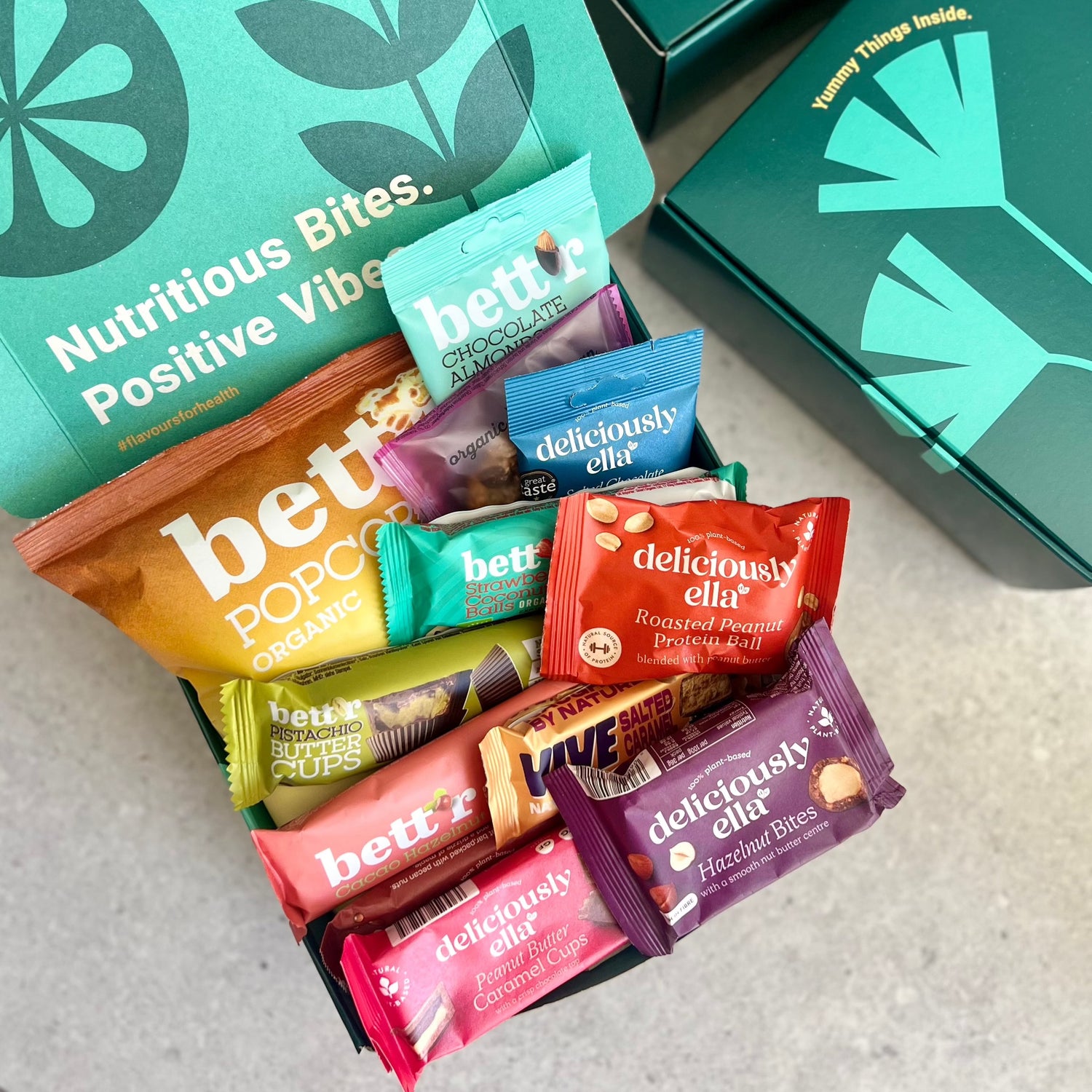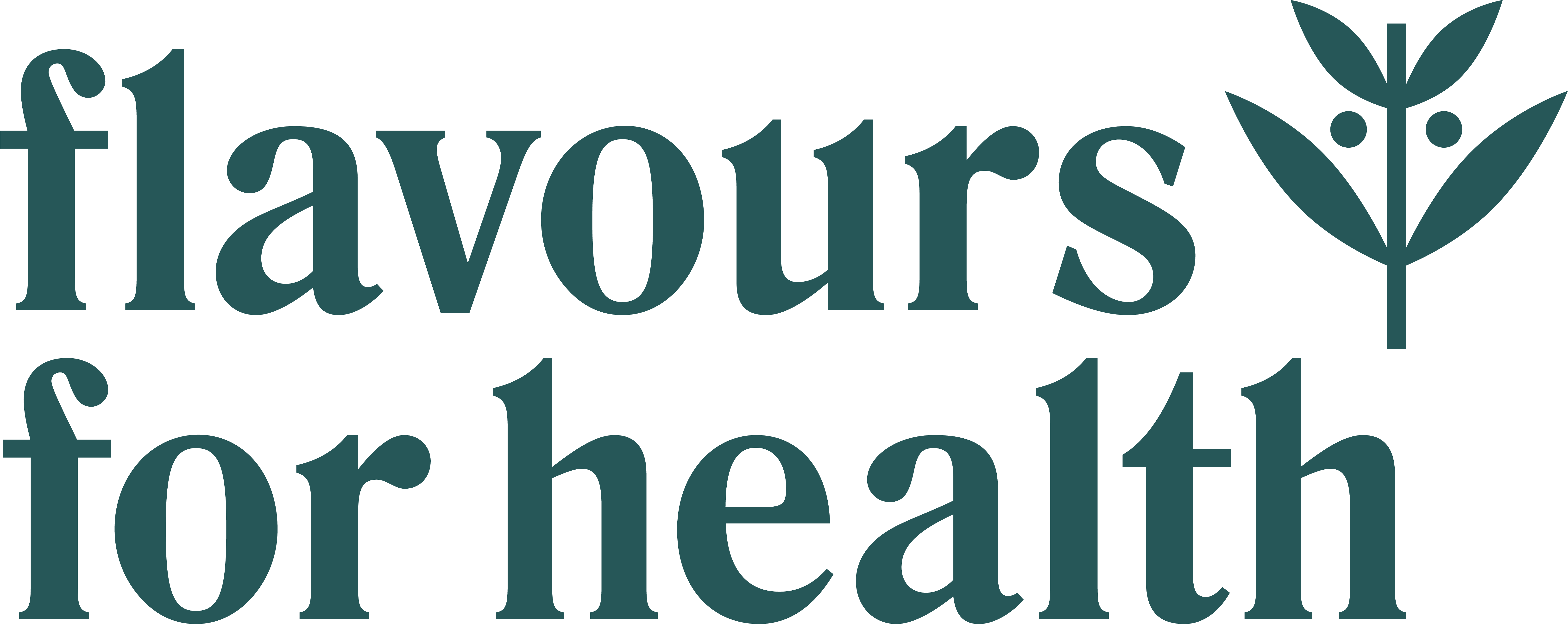So you’ve decided to take up running or run the Malta Marathon? – that's excellent!
How should you adjust your diet to best support the extra demands on your body?
Get nutrition wrong and you can risk low energy levels and fatigue, slow recovery, headaches and even weight gain. However, eating right can super charge your energy levels and promote the health and weight loss effects running offers, it also improves your running performance and helps you recover faster.
It is essential to master the basic principles of healthy eating:
- Eat regularly and don’t skip meals, especially not breakfast!
- Follow a low glycemic diet, avoid refined foods such as sugars (free sugars and in foods such as cakes, biscuits, sweets and sugary breakfast cereals). Stock up on healthy & clean carbs such as sweet potato, brown rice, quinoa, & oats.
- Ensure you get plenty of vegetables in your diet (remember the five-a-day fruit and veg recommendation is a minimum).
- Don’t forget fats. Whilst avoiding harmful trans and hydrogenated fats in processed foods is important, some fats are essential for health. Omega 3 is commonly lacking in the diet so aim to regularly eat good sources such as oily fish, omega 3 enriched eggs, flax seeds and walnuts.
- Protein: commonly overlooked by runners but absolutely essential! Women should be consuming 1.2g protein per kg body weight per day (as recommended by the World Health Organisation). This means that a 60kg woman should be aiming for 72g protein per day – work out your average daily protein intake and you may well find you’re falling short. Aim to eat a portion of protein at every meal (organic meat or poultry, seafood, organic eggs, tofu, pulses, etc). Protein shakes are one of the simplest and tastiest ways to boost your intake too.
Refueling - The Golden Window
‘The golden window’ is the 20-45 minutes post exercise when your body is crying out to be refueled. In order to repair tissue such as muscles, your body needs protein – this can often be over looked by runners in favour of carbohydrates to replenish energy stores but it’s just as important.
A 2002 study found that consuming carbs with protein after endurance exercise was much more effective at replenishing glycogen in the muscles than carbs alone.
Try drinking Purition wholefood protein shake after your next run.Not only will this provide you with top quality, easily absorbed protein, it’s also rich in natural sources of vitamins and minerals which are used in higher quantities while we exercise and need to be replenished too. The Purition range taste great whizzed up into a smoothie, so after longer runs, try blending with a banana and some berries to provide natural sugars for glycogen replenishment.
Now you know what to eat, the question is, how much? New runners can sometimes be tempted to over compensate and eat more than they need to (usually, more carbs) which will inevitably lead to weight gain. It’s important to work out how many kilometers you’re running and compensate appropriately - use an online calculator to find out how many calories your body burns per km. Splitting your food intake into five, 300 calorie meals, then factoring in additional calories on training days, is a good place to start.
Hydration is also essential – on top of your one and a half litres per day, add in an extra litre for each hour you’re running for. And remember, until you’re running for more than an hour, you can forget the energy drinks and gels – they’ll only give you more sugar than you need which may end up getting converted to fat.
In summary – eat clean, refuel and hydrate to get the most out of your running.
Author: Kim Pearson, Nutritionist
Reviewed by Elaine Genovese
Visit our online store: www.flavoursforhealth.com(+ Receive free delivery anywhere in Malta & Gozo)

